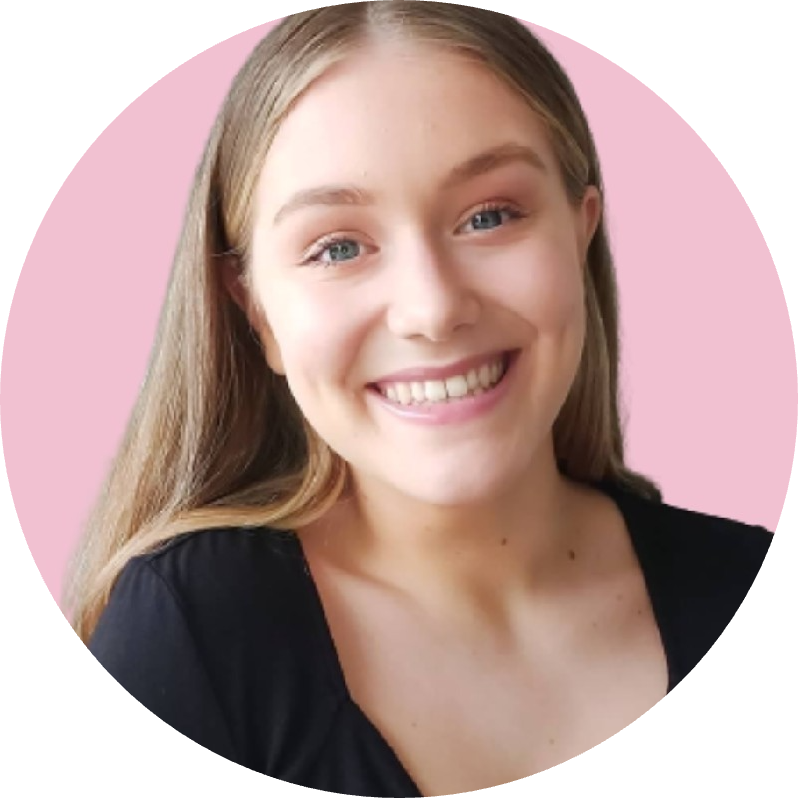Genomic Associate: Kickstart A Genetic Counselling Career
- Grace Binney
- Jun 23, 2023
- 4 min read
Updated: Jan 31
✍🏻 Grace Binney | Genomic Associate at Great Ormond Street Hospital
We are showcasing stories of individuals with life sciences backgrounds, who have worked in non-lab-based science/healthcare roles. We want to raise awareness of the incredible careers and organisations that are immersed in science and healthcare, outside of the lab.
Story Spotlights: Genomic Associate

Grace is a Genomic Associate at Great Ormond Street Hospital, with future aspirations of becoming a Genetic Counsellor.
She graduated in 2022 from the University of Birmingham with a 2:1 (Hons) BSc Human Neuroscience degree.
Grace has shared her experiences leading up to her current role as well as tips for students looking to pursue a career in a non-lab-based role.
What’s your educational background and why did you choose a life sciences route? 👩🏼🔬

I studied for a Bachelor of Science in Human Neuroscience at the University of Birmingham (UoB).
After finishing my second year of A-Level studies, I decided a life sciences route was the best option for me, as it allowed me to practically apply scientific knowledge to a real-life setting.
Life science degrees provide such a breadth of transferable skills which meant upon graduating I wasn’t confined to my degree subject area, and had the opportunity to branch out.
What work experience have you undertaken in the past? 👩🏼💼
Prior to university, the paid work experience I had completed was predominantly in retail.
Throughout my degree I understood the importance of partaking in extra-curricular activities to increase my employability prospects, therefore I undertook two volunteering roles in two different areas of interest.
My first volunteering role, which I still do part-time, is a Content Advisory Group member role for the charity Muscular Dystrophy UK (MDUK). This role involves aiding the content production of scientific newsletters and condition information fact sheets.
During my final year of university, I volunteered as the Publicity officer for the Neuroscience Society. This role included course promotion, events management, and scientific content creation.
What is your current role and what do you do day-to-day?
Why did you choose this role/career? 👩🏼⚕️
Currently, I work as a Genomic Associate within the NHS. This role is relatively new, and has been designed to help mainstream genomics services within healthcare.
On an average day, I support the Consultants and Genetic Counsellors in preparation for their clinics by gathering family history information, obtaining pathology and genetic reports, and initiating genetic testing on stored tissue culture.
I am also responsible for the monitoring of the whole 'Genome Sequence Test' pathway for 'Rare Disease'. I gain consent from patients for the test and ensure all blood samples are available for the test panel to be requested.
I chose this career as I eventually want to become a Genetic Counsellor. The field of genetic counselling combines my passion for education and interest in science perfectly and allows me to practically apply my skills within a patient setting.
What was the application process for your current role like?
What tips would you give students looking to apply for placement years, internships, or graduate roles? 📋
The application process for this role was pretty simple, consisting of a job application form of scenario questions, and questions about my knowledge and understanding of NHS Values, specifically the trust values of the hospital I was applying to work for.
Finding a graduate job is hard, and can be extremely competitive depending upon which field you are trying to enter.
As part of the graduate job hunt, you may get to a point where you feel as though nothing is working out.
My tip would be to take your time and be thorough when completing job applications; recruiters must be able to see how passionate you are about the role, as this is what will encourage them to offer you an interview.
Furthermore, do your research! The organisation will be able to tell if you have a genuine interest in wanting to work for them.
What are 3 things you would tell a young person interested in pursuing a non-lab career in science? 💡
1. Think Outside The Box
When I was searching for jobs, I continually expanded my keywords search when it came to the role/job title. Doing this allowed me to discover job roles I had never heard of before, which fit my skill set and was something I found genuinely interesting
2. Keep An Open Mind
3. Stay On Top Of News

Edited by: Grace Pountney (Founder & Copywriter)
Career Conundrums
Each week, at Workflow Weekly, we answer your Career questions!

Q: Should I pursue a career in a non-lab-based role or lab-based?
A: Try them both! Gain as much work experience as you can inside and outside of the lab. This way you can find out what you enjoy most.
Nowadays, we are lucky that a lot of companies allow you to move laterally if another role would suit you better. Read about Gabby's experience of lab and non-lab science work in our July 6th Workflow Weekly article.
Thank you for reading Workflow Weekly!
We hope you found it interesting. We look forward to seeing you next time!
Rate this article!
⭐️⭐️⭐️⭐️⭐️
⭐️⭐️⭐️⭐️
⭐️⭐️⭐️
⭐️⭐️
.jpg)
Comentários